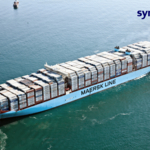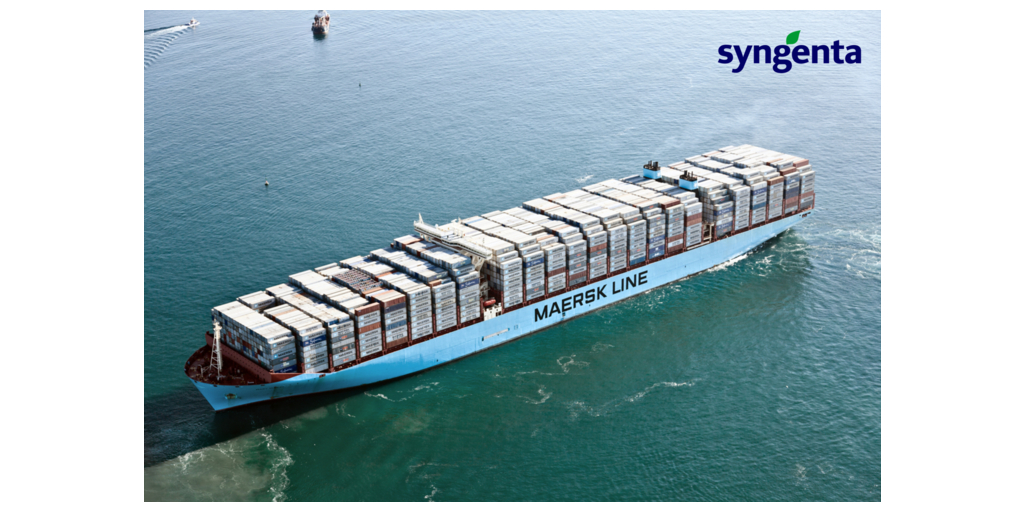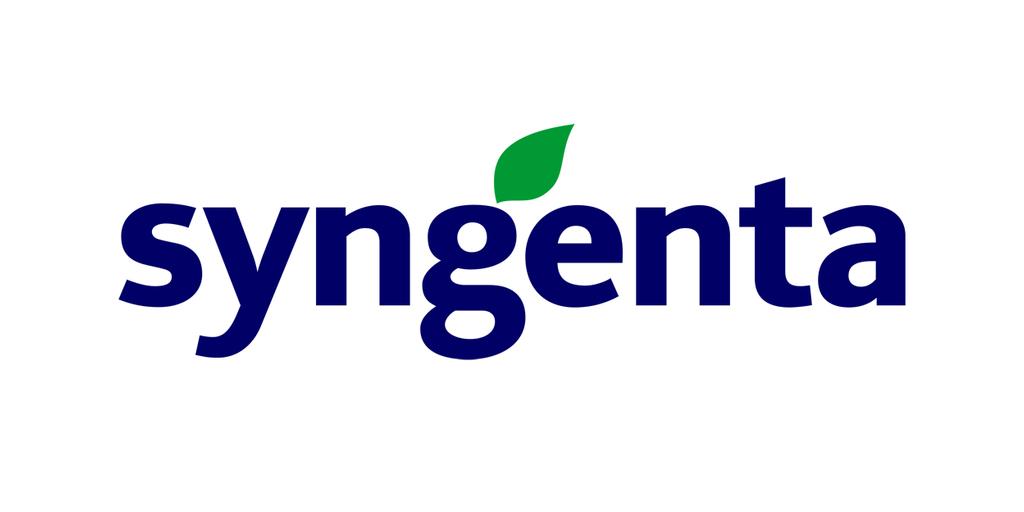- Syngenta finalizes agreement with Maersk for ocean transport using biofuel for a Europe-US shipping route
BASEL, Switzerland--(BUSINESS WIRE)--Syngenta Crop Protection, a leader in agricultural innovation, is to reduce its greenhouse gas (GHG) emissions from its logistics operations by using Maersk’s ECO Delivery solution for its ocean shipments. This follows the finalization of an agreement for the transport of containers using biofuel for a Europe-US shipping route in 2024.
Maersk’s ECO Delivery solution offers Syngenta the ability to handle its global ocean shipments with certified biofuels which burn cleaner than conventional fossil fuels, resulting in less GHG emissions. All the biofuel used is certified by the International Sustainability and Carbon Certification (ISCC).
“Our partnership with Maersk is based on a common commitment towards sustainable logistics,” said Mike Hollands, Head of Global Supply at Syngenta Crop Protection. “We’ve been energized by our collaboration in ECO Delivery and other carbon emission reduction solutions, and are pleased to move closer together towards eventual zero carbon shipping for a more sustainable future,” he added. Maersk and Syngenta have also collaborated on an Emissions Dashboard creation, a digital innovation for GHG emissions reporting and data analytics.
Globally, shipping accounts for around 3 percent of global greenhouse gas emissions, and contributes to assessments of a company’s carbon emissions commonly known as Scope 3 emissions. These measure the level of greenhouse gas emissions for which an organization is indirectly responsible for, up and down its value chain.
“If we are to significantly reduce emissions, we need to look for opportunities across our supply chains and beyond,” Hollands noted. “Working with strong external partners equally committed to sustainability, such as Maersk, enables us to accelerate the de-carbonization of our operations.” Maersk is Syngenta’s largest fourth-party logistics provider, managing the resources, technology and infrastructure of other third-party logistics providers that enable Syngenta to offer the highest levels of service to customers and growers worldwide.
“We are delighted that Syngenta has selected our ECO Delivery Ocean solution as well as our Emissions Dashboard to reduce their greenhouse gas emissions in a structured way. We are looking forward to develop our valued partnership even further in the future,” says Kaisa Helena Tikk, Head of Commercial Sustainability at Maersk. “These close collaborations with our customers are essential to drive the decarbonization of logistics which we can achieve only together.”
Syngenta has already made significant headway in the reduction of carbon emissions for its own operations and from the electricity and energy it consumes – known as Scope 1 and Scope 2 emissions. In February, the U.S. Environmental Protection Agency recognized Syngenta’s manufacturing facility in St. Gabriel, Louisiana, as one of the top 100 users of green power in the country.
About Syngenta Crop Protection
Syngenta Crop Protection is a leader in agricultural innovation, bringing breakthrough technologies and solutions that enable farmers to grow productively and sustainably. We offer a leading portfolio of crop protection solutions for plant and soil health, as well as digital solutions that transform the decision-making capabilities of farmers. Our 17,900 employees serve to advance agriculture in more than 90 countries around the world. Syngenta Crop Protection is headquartered in Basel, Switzerland, and is part of the Syngenta Group. Follow us on Twitter at www.twitter.com/Syngenta, www.twitter.com/SyngentaUS and on LinkedIn at www.linkedin.com/company/syngenta.
Syngenta’s Cautionary Statement Regarding Forward-Looking Statements
This document may contain forward-looking statements, which can be identified by terminology such as ‘expect’, ‘would’, ‘will’, ‘potential’, ‘plans’, ‘prospects’, ‘estimated’, ‘aiming’, ‘on track’ and similar expressions. Such statements may be subject to risks and uncertainties that could cause the actual results to differ materially from these statements. For Syngenta, such risks and uncertainties include risks relating to legal proceedings, regulatory approvals, new product development, increasing competition, customer credit risk, general economic and market conditions, compliance and remediation, intellectual property rights, implementation of organizational changes, impairment of intangible assets, consumer perceptions of genetically modified crops and organisms or crop protection chemicals, climatic variations, fluctuations in exchange rates and/or commodity prices, single source supply arrangements, political uncertainty, natural disasters, and breaches of data security or other disruptions of information technology. Syngenta assumes no obligation to update forward-looking statements to reflect actual results, changed assumptions or other factors.
©2024 Syngenta. Rosentalstrasse 67, 4058 Basel, Switzerland.
Contacts
Michelle Ng
Head, External Communications
michelle.ng@syngenta.com















